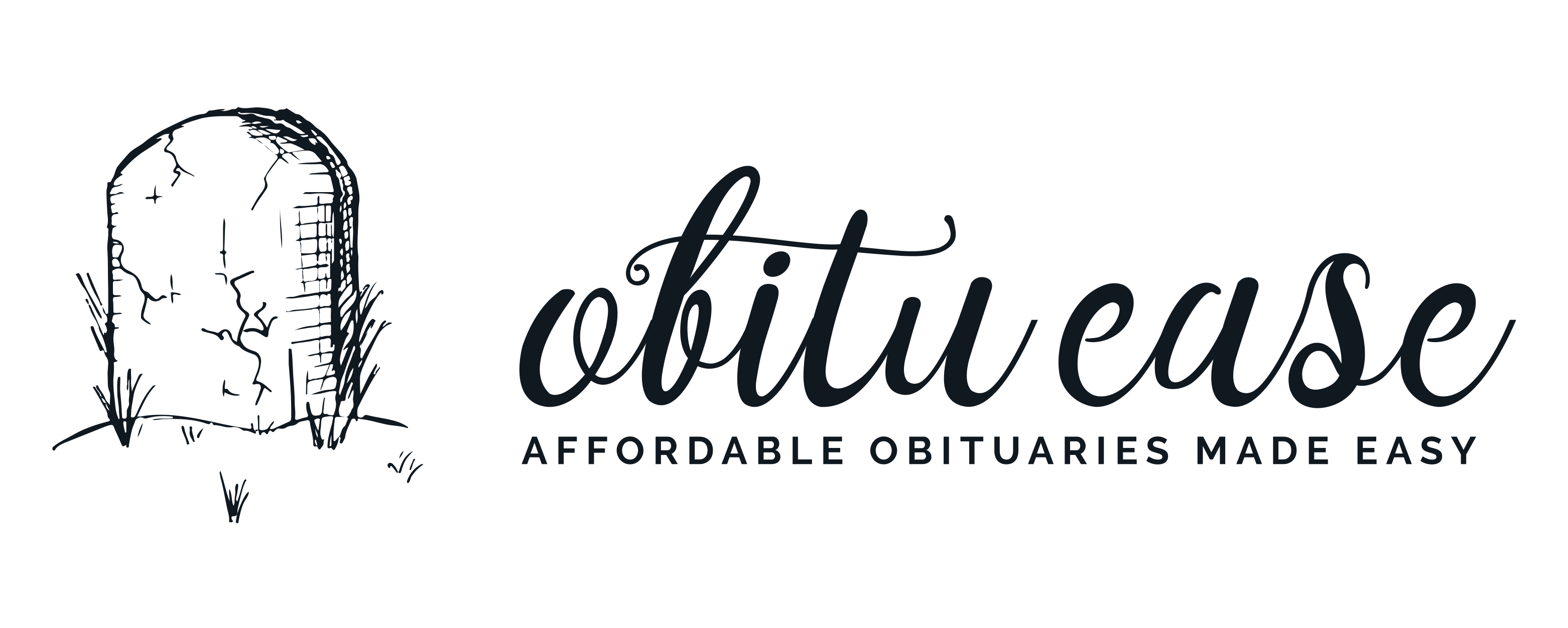What is an Obituary?
What is an obituary, and how does it differ from other announcements about a person’s death? An obituary acts as a way to honor a person’s life and share information with the community. It’s more than a mere announcement of a person’s death. The obituary is a detailed account of the life of the deceased, their achievements, connections with family and friends, and special memories that embody who they were.
It helps future generations to understand the person’s name, life, and family connections. It can also include ordinary things that mattered to the individual, like their love for fresh-cut fries or a community organization they were part of.
Understanding differences
- Difference between Obituary and a Death Notice: An obituary provides detailed biographical information, a life story, special message and often includes a photo. A death notice is a brief announcement usually placed in local newspapers, listing the date of death, place of death, and funeral details.
- Obituary vs. Eulogy: While an obituary is a written memorial found in newspapers or online platforms, a eulogy is a spoken tribute given at the funeral service.
History of obituaries
Obituaries have a rich history that dates back centuries. Here’s an overview of their evolution:
- Ancient Beginnings: Historical records show that obituaries were used in ancient Rome, where notable deaths were announced in public forums.
- Newspaper Era: With the rise of newspapers in the 16th and 17th centuries, obituaries became common, reaching more people and communities.
- Modern Times: Today, obituaries have expanded to online platforms, funeral home websites, and social media platforms, making them accessible to an even broader audience.
Why we share them
Posting an obituary serves several essential purposes in our society:
- Memorializing the Deceased: An obituary honors the life of the deceased, highlighting significant events, achievements, and the person’s character.
- Informing the Community: Through local papers and online platforms, an obituary shares details about the date of death, funeral arrangements, and memorial service details with those who might wish to pay their respects.
- Creating a Lasting Record: For future generations, an obituary acts as a record of essential information, a biographical section, and a glimpse into the community organization or national newspapers.
- Providing Closure: For many, reading or writing an obituary brings a sense of closure and a way to express grief, great sadness, or even gratitude for the person’s life.
Key components of writing an obituary
When writing an obituary, it’s good to include:
- Basic Information: Full name (including maiden name), date of birth, place of birth, date of death.
- Personal Details: A brief biography, significant events, military service, sense of humor, and essential details of the deceased’s life.
- Immediate Family Members: Mention of close friends, spouse’s first name, great-grandchildren, etc.
- Special Instructions: Details of the funeral or memorial service, lieu of flowers, memorial donations, funeral home website, or other family wishes.
- Extra Touches: Adding personal information like key details, special thanks, or a unique photo can create a great obituary.
Useful tips and tools
- Consulting a Funeral Director: A funeral director can offer a step-by-step guide and obituary examples for creating an obituary.
- Online Obituary: Many funeral arrangements now include the option to post an online obituary on a memorial website or social media platform.
- Legal Requirements: Some places may have legal requirements for what must be included, such as the deceased’s full name and cause of death.
- Consider Memorial Funds: In lieu of flowers, some obituaries suggest making charitable donations or creating a memorial fund.
The tradition of posting obituaries has evolved over the years but remains a vital part of how we commemorate lives and share information. Whether a long, detailed piece or a brief notice, obituaries connect us to our past, help us process the present, and leave a legacy for the future.
With careful attention to relevant information and personal details, it can stand as a touching tribute that resonates with all who knew the individual.
